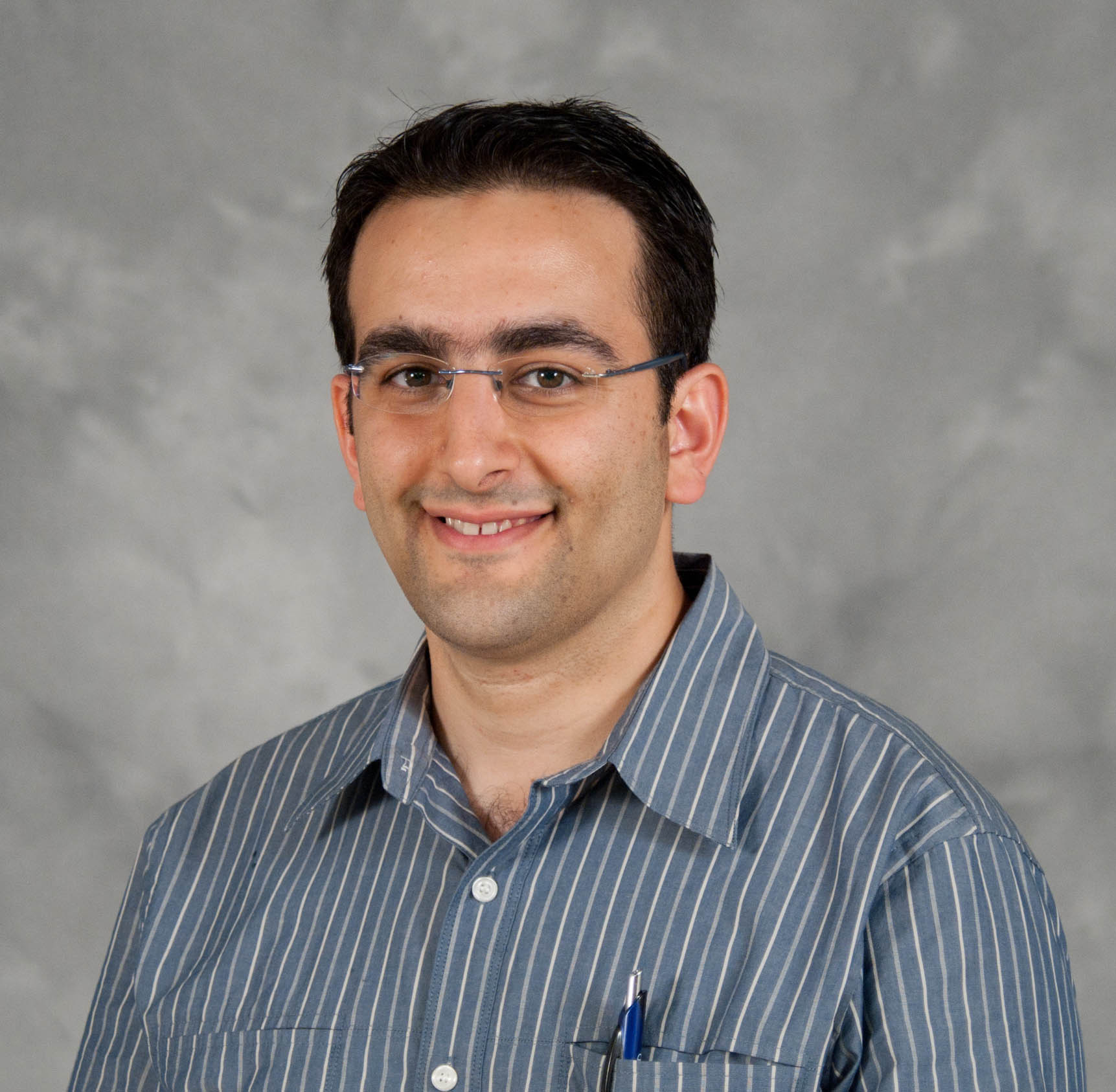An Analytics Approach to Prioritizing Access to Hepatitis C Treatment in U.S. Prisons
September 19, 2018, 4:00pm - 5:00pm
Taper Hall (THH) 301

HCV prevalence in prison systems is ten times higher than the general population, and hence prison systems offer a unique opportunity to control the HCV epidemic. New HCV treatment drugs are very effective, but providing treatment to all inmates is prohibitively expensive, which precludes universal HCV treatment in prison systems. As such, current practice recommends prioritizing treatment based on clinical and incarceration-related factors, including disease staging, remaining sentence length, and injection drug use (IDU) status. However, there is controversy about how these factors should be incorporated because of the complicated tradeoffs. In this study, we propose an analytics approach to support hepatitis C treatment prioritization decisions in U.S. prisons.
Dr. Turgay Ayer is the George Family Foundation Early Career professor and an associate professor at Industrial and Systems Engineering, and is the research director for healthcare analytics and business intelligence in the Center for Health & Humanitarian Systems at Georgia Tech. In addition, Dr. Ayer holds a courtesy appointment at Emory Medical School. His research focuses on healthcare analytics, with applications in predictive and prescriptive health, health policy analysis, and medical decision making. He received a B.S. in industrial engineering from Sabanci University in Istanbul, Turkey, and his M.S. and Ph.D. degrees in industrial and Systems Engineering from the University of Wisconsin - Madison.
This lecture satisfies requirements for CSCI 591: Research Colloquium.